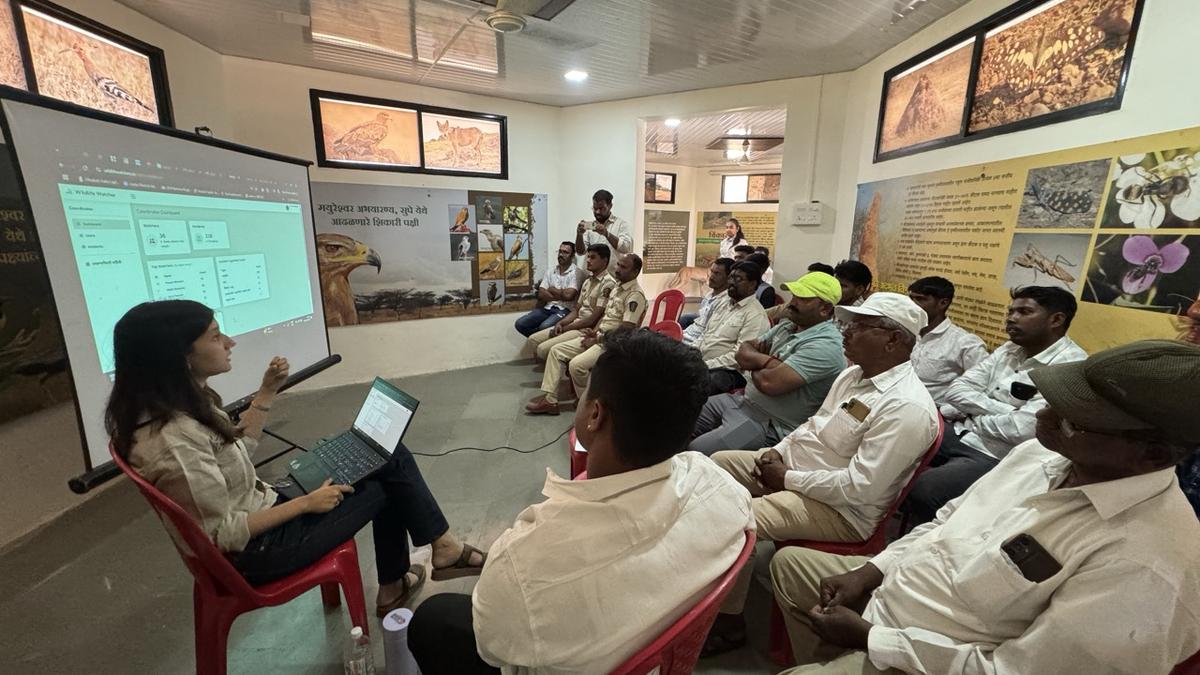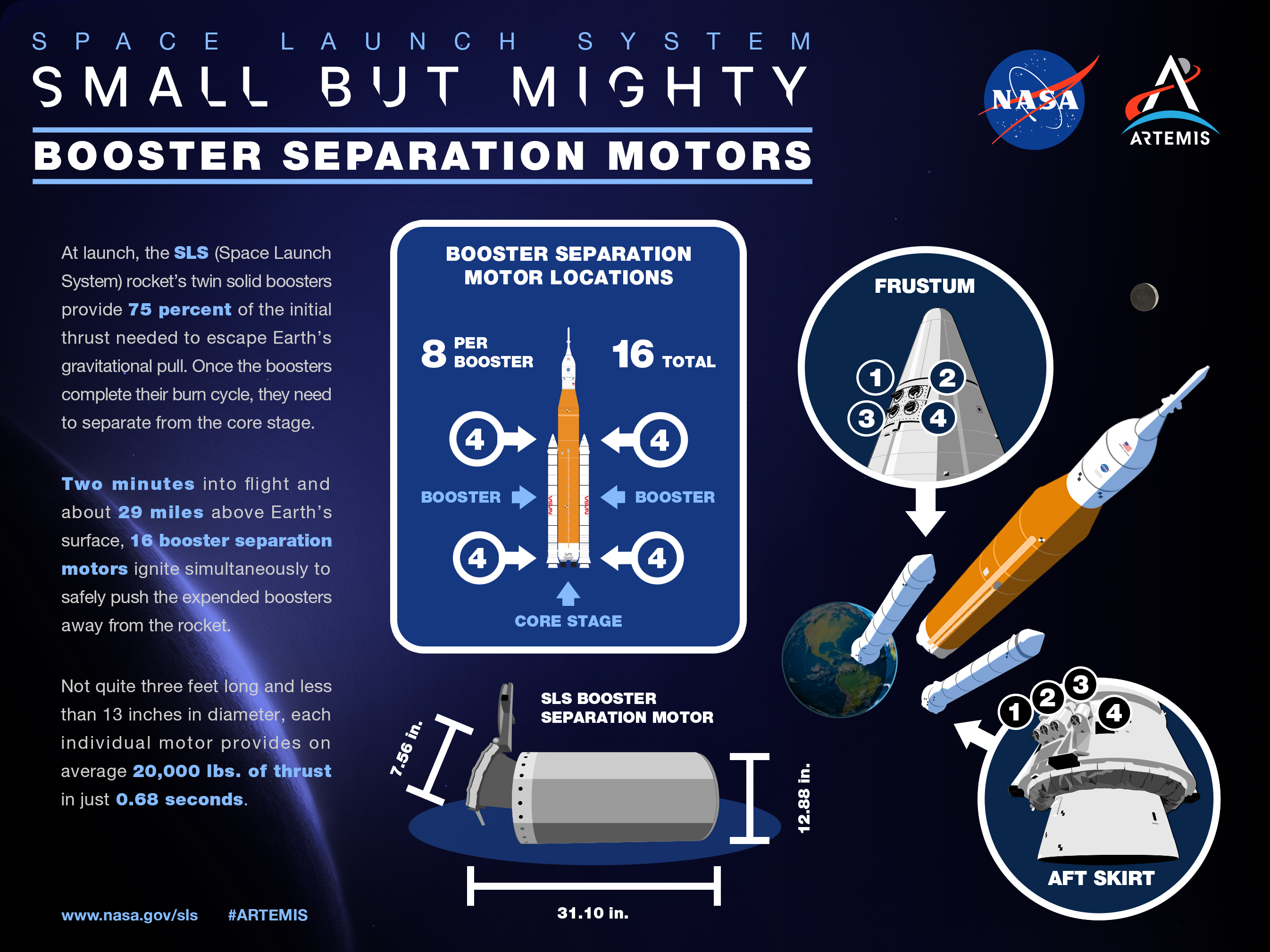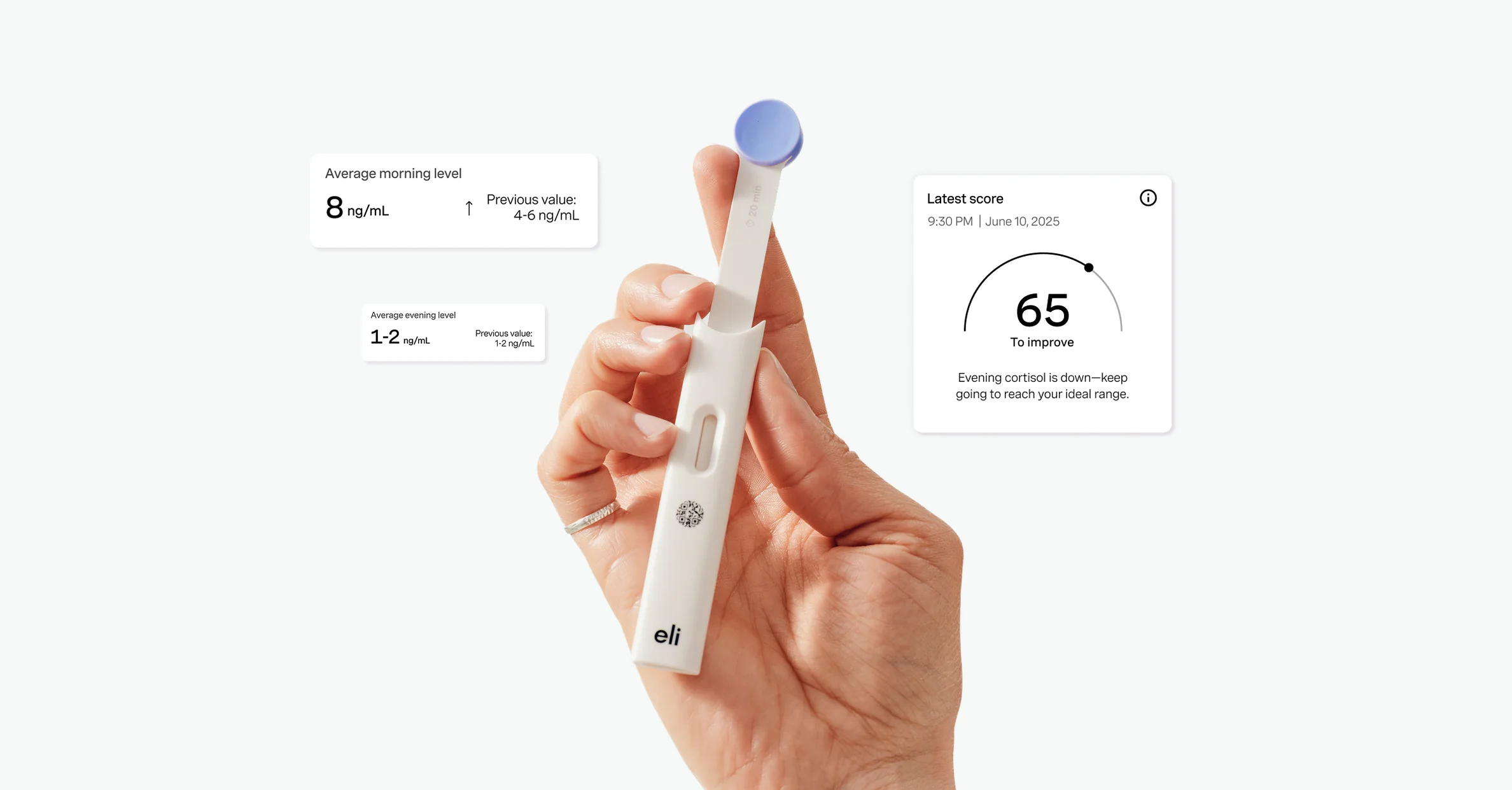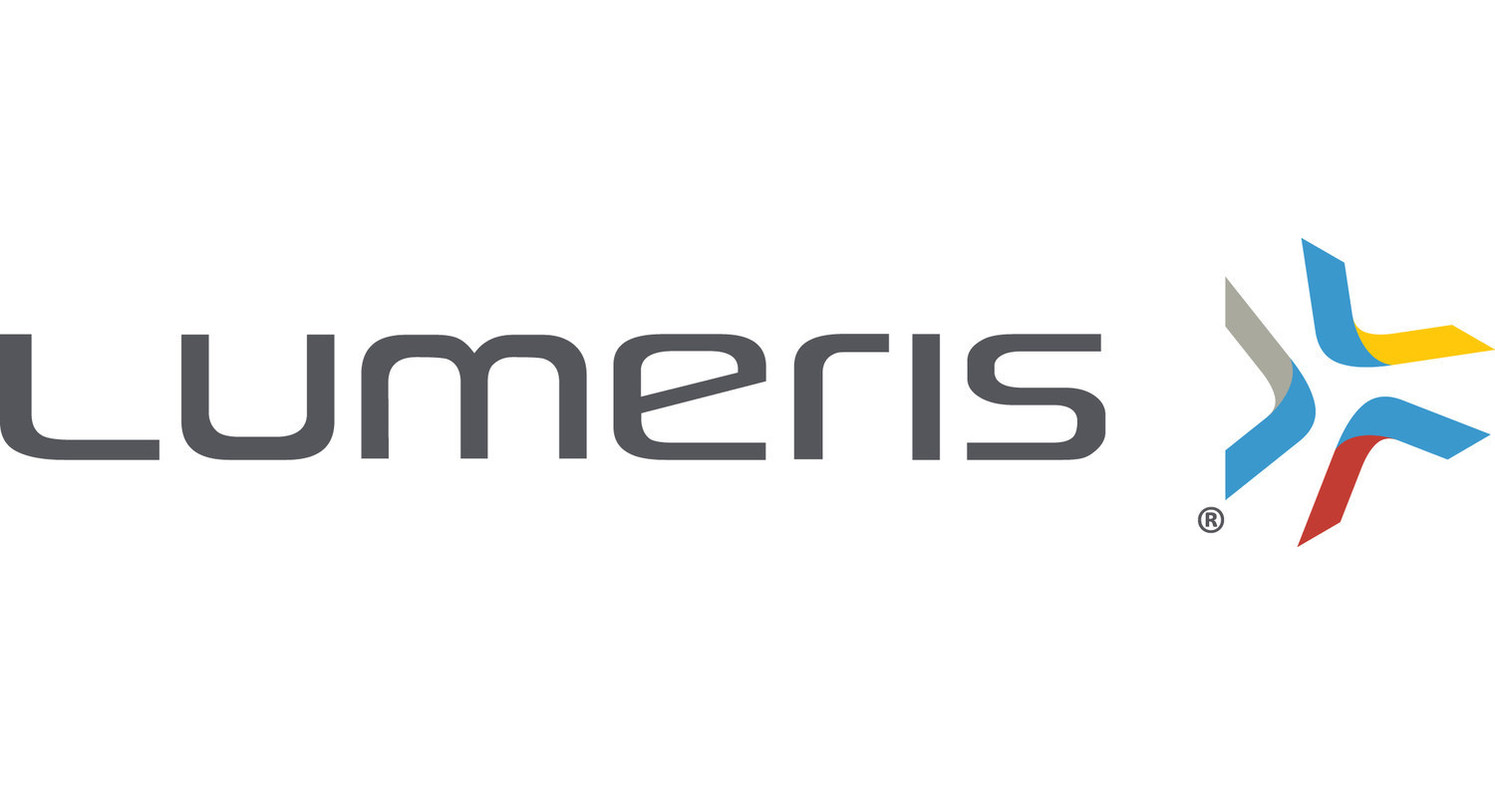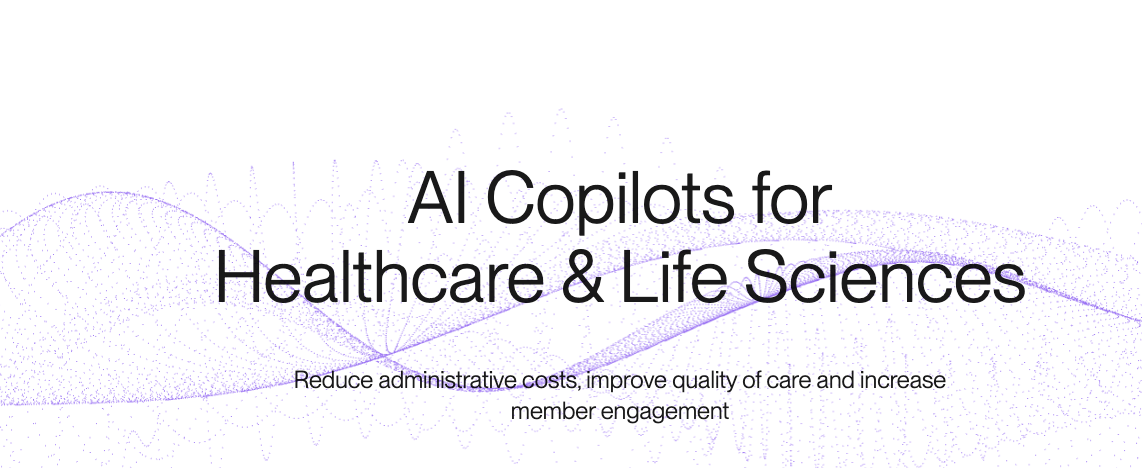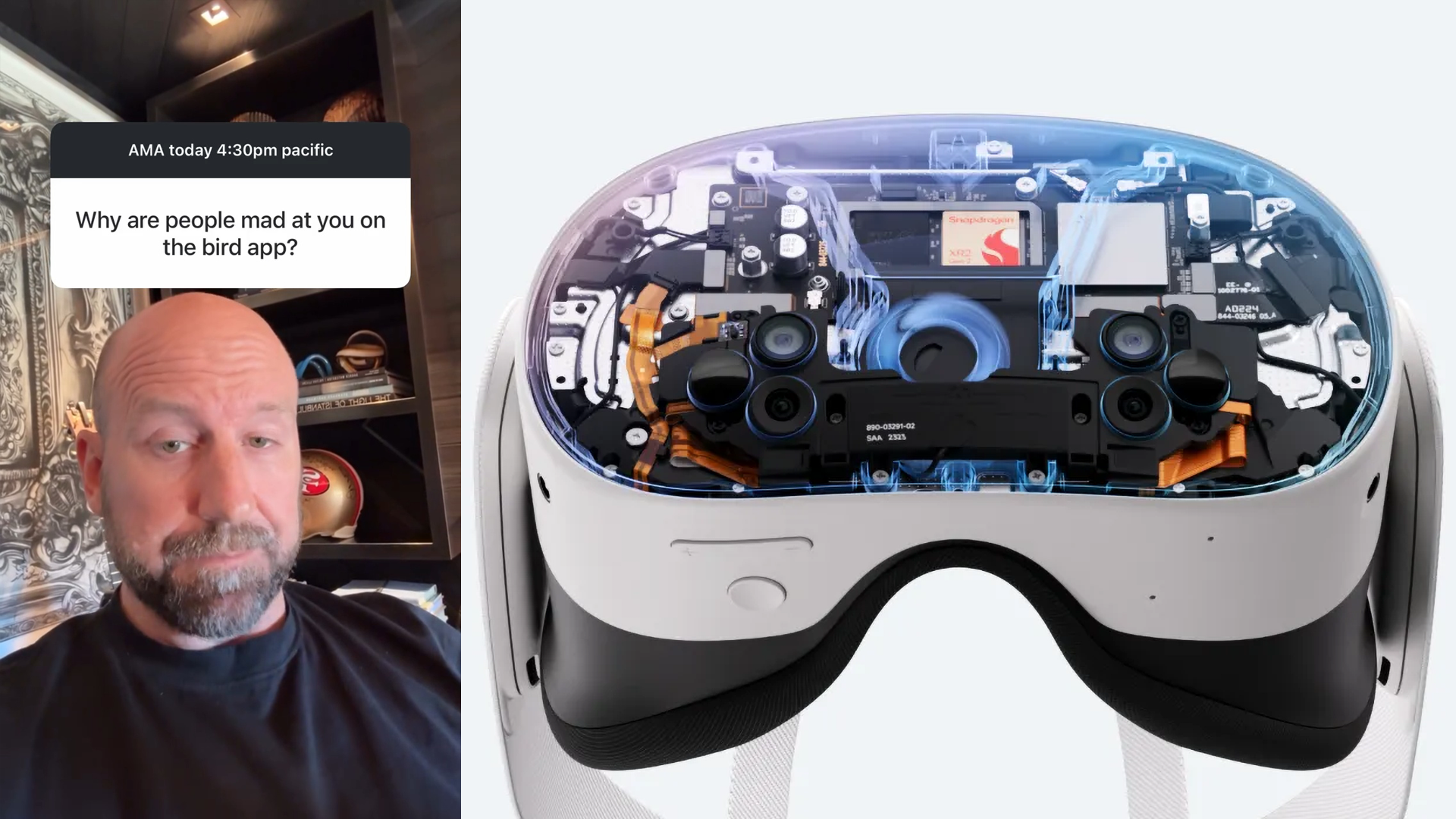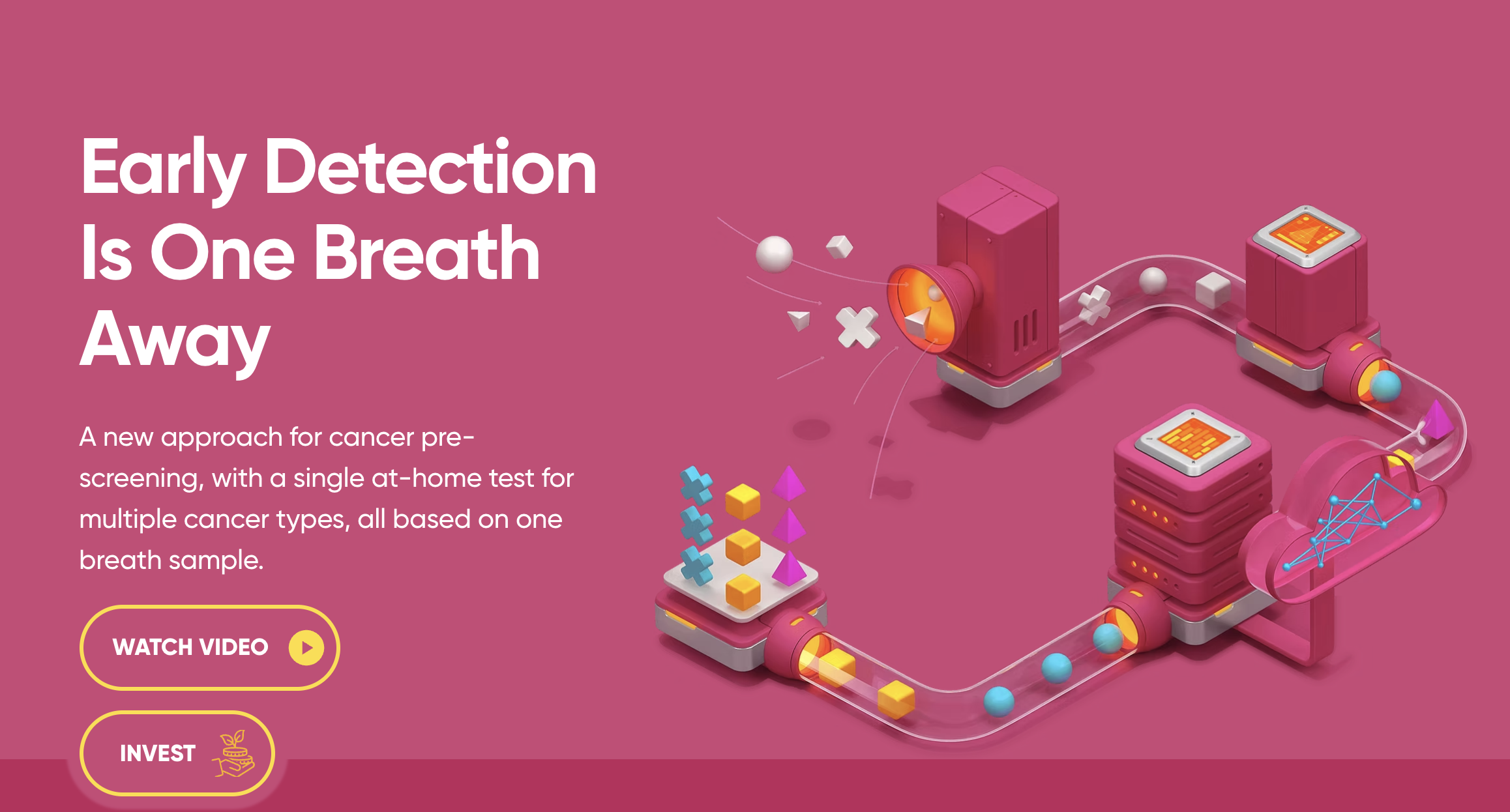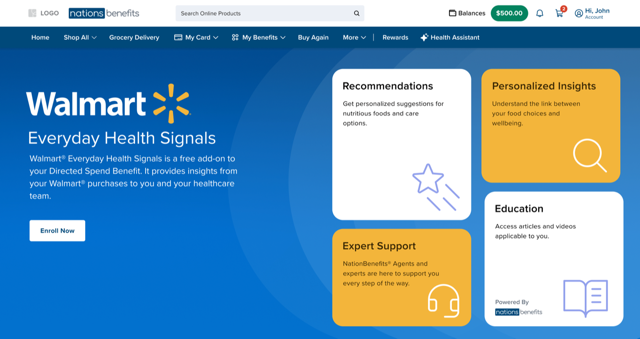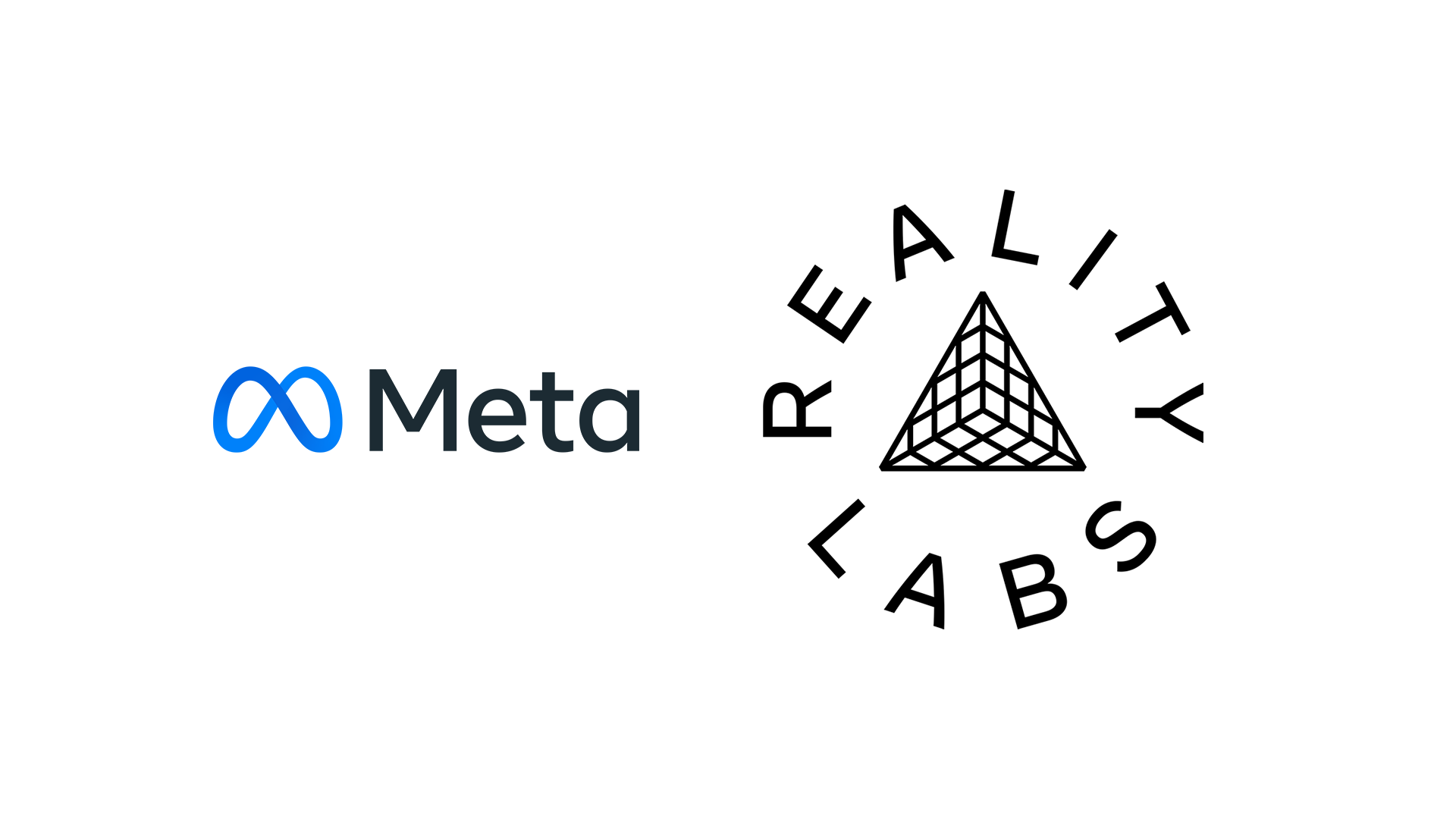Why Your Health IT Project Needs a Coach, Not Just a Manager
Project managers are no longer mere overseers of projects; they are transitioning to become coaches who lead their teams to success in the changing healthcare environment. In the healthcare technology domain, where collaboration occurs between diverse teams, the role of project managers is shifting to include team mentoring and empowerment. Technology integration into healthcare systems ... Read More

Project managers are no longer mere overseers of projects; they are transitioning to become coaches who lead their teams to success in the changing healthcare environment. In the healthcare technology domain, where collaboration occurs between diverse teams, the role of project managers is shifting to include team mentoring and empowerment. Technology integration into healthcare systems is complex, and leaders can bridge the communication gaps, encourage collaboration, and direct the teams toward the desired goals.
A project manager who takes a coaching approach is a leader who promotes critical thinking, problem-solving, and innovation within teams. The transition from a traditional manager to a coach helps to create an environment in which team members are encouraged to take responsibility for their jobs. A project manager who coaches his/her teams enables the team to see the bigger picture of a project and how their work relates to the strategic objectives of the project and encourages them to grow. This approach enhances the performance of individuals and teams, which in the end leads to successful technology implementations.
The use of a coaching approach in project management has been found to significantly affect communication and stakeholder management. Healthcare projects are multifaceted in that they involve several stakeholders, including technical staff, clinical staff, and others. A project manager who is a coach ensures that there is open communication and that everyone has a chance to be heard. A result is a better appreciation of the needs and concerns of each stakeholder and, consequently, better collaboration to minimize resistance to change and maximize efforts towards enhanced patient care.
For example, when old anesthesia machines were replaced with a new system within the hospital where I work, tensions were running high among all stakeholders, including the doctors, nurses, IT, and biomed techs. The technical team was concerned about system performance, while doctors and nurses were concerned about workflow disruption. As a project manager who is also a coach, I facilitated formal listening sessions where each of the groups could voice their concerns and needs. By engaging in free discussion and bringing them to a consensus on solutions, not only did we alleviate resistance, but we also co-designed a transition plan that maximized adoption rates and minimized downtime. Through this joint work, we enhanced patient care through the integration of technology. Similarly, when implementing OR Booms and light systems in operating rooms, engaging the OR team, biomedical engineers, vendors, and facility management early in the process was crucial. By employing a coaching approach, I encouraged teams to share their workflow concerns and provided a structured yet flexible environment to address them. This participatory approach led to optimized operating room configurations that improved surgical precision and team efficiency.
Another significant factor is the level of team empowerment in terms of authority and responsibility. Coaching, for instance, implies that the coach provides guidance and mentorship while at the same time giving the team members the authority to control certain aspects of the project. This autonomy enhances the team’s work output and commitment, which results in more rapid problem-solving and a better implementation of new technologies. For instance, when implementing a new patient monitoring system, a project manager-coach may provide practical directions and individual attention so that the clinical staff can easily embrace the new tools with no compromise on the quality of care.
There are also ethical considerations that a project manager has to observe while coaching. When providing mentorship, the project managers should aim to be open and fair with their mentees. Ethical coaching supports high levels of integrity, accountability, and trust, all of which are important for a team to function effectively and deliver results.On a medical office equipment procurement project, for instance, I mentored a newly hired project manager who was struggling with managing stakeholders’ expectations. Instead of prescriptively telling them what to reply, I mentored them to set expectations realistically, prioritize openness, and decide ethically. By being discreet in confidential communication and impartial in resolving team problems, we established trust and collaboration. Ethical coaching not only improved our working relationship but also allowed for a more cohesive team and improved project outcomes by helping to establish a culture of respect and responsibility
Clear documentation is essential in project management via coaching since it defines roles, responsibilities, timelines, and decision-making processes. It prevents misunderstandings, scope creep, and accountability gaps. For example, during the implementation of a new medical device,the documentation should outline who is responsible for the installation, calibration, and testing of the device. It should also include timelines for each phase and ensure compliance with regulatory standards. Project managers who use documentation to help define a coaching strategy ensure flexibility while maintaining clarity and project integrity.
Acknowledgment of teamwork is essential in ensuring one remains motivated and that the team has a culture of excellence. Appreciating successful project accomplishments through official awards, team celebrations and expressing personal gratitude enhances morale within the team. For example, at the end of each project that I lead, I send an end-of-project email thanking the teams and ensuring leadership is CC’d. If a team has gone above and beyond, I make sure they are recognized through our hospital’s appreciation portal. Additionally, I organize team lunches or write personalized notes to express gratitude for their dedication. These gestures of appreciation help maintain morale and reinforce a culture of excellence in the organization.
Coaching should not be limited to the duration of the project. By helping to develop emerging leaders, project managers play a role in the organization’s long-term success. This way, the healthcare industry ensures that there are individuals who can lead the way during challenging times and who can bring about change in the future.
Coaches as project managers not only lead their teams but also promote a culture of learning and work collaboration so that healthcare technologies can be effectively integrated to benefit patients and hospitals.
About Ammarah Sulaiman
Ammarah Sulaiman is a project manager at one of the largest New York hospitals and has over a decade of experience in biomedical technology, healthcare project management, and leadership coaching. She specializes in medical equipment integration, hospital infrastructure development, and regulatory compliance. As the founder of Phoenix Sunrise LLC, she has been providing executive coaching since 2022, helping professionals enhance leadership and career growth. Previously, she held senior biomedical engineering roles at several large hospitals around the US and in India
























